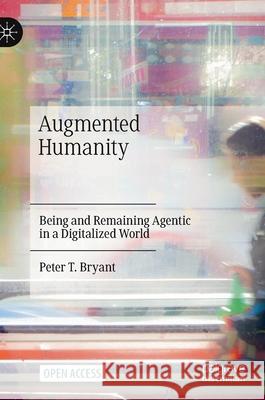Augmented Humanity: Being and Remaining Agentic in a Digitalized World » książka
topmenu
Augmented Humanity: Being and Remaining Agentic in a Digitalized World
ISBN-13: 9783030764449 / Angielski / Twarda / 2021 / 310 str.
Augmented Humanity: Being and Remaining Agentic in a Digitalized World
ISBN-13: 9783030764449 / Angielski / Twarda / 2021 / 310 str.
cena 201,24
(netto: 191,66 VAT: 5%)
Najniższa cena z 30 dni: 192,74
(netto: 191,66 VAT: 5%)
Najniższa cena z 30 dni: 192,74
Termin realizacji zamówienia:
ok. 16-18 dni roboczych.
ok. 16-18 dni roboczych.
Darmowa dostawa!
Kategorie:
Kategorie BISAC:
Wydawca:
Palgrave MacMillan
Język:
Angielski
ISBN-13:
9783030764449
Rok wydania:
2021
Wydanie:
2021
Ilość stron:
310
Waga:
0.54 kg
Wymiary:
21.01 x 14.81 x 1.91
Oprawa:
Twarda
Wolumenów:
01
Dodatkowe informacje:
Wydanie ilustrowane











